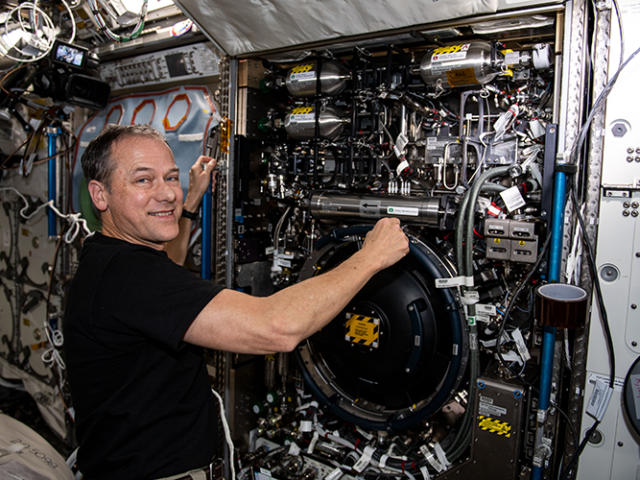I recently had the opportunity to attend the Royal Academy of Engineering’s Systems Change Lab, an ongoing series of events which are exploring and testing how and why to integrate global responsibility as a central feature within university engineering education. Co-hosted by RAEng and Engineers Without Borders UK, this edition of the event had one key theme in mind; the future of engineering at higher education, and what a ‘revamped’ engineering degree might look like across the various disciplines.
The need for these conversations were clearly highlighted throughout the afternoon across the various speakers, workshops, and discussions which pieced together the current concerns with engineering at higher education, methods to include factors such as sustainability, and how to achieve change in a rather stubborn system.
“Engineering degrees are somewhat patchy when it comes to sustainability, inclusion, and ethics,” said Emma Crichton, Head of Engineering at Engineers Without Borders UK. You only have to look back to the 90s when, as highlighted by Georgia Elliott-Smith, Sustainability Consultant, environmental engineering was hardly a thing at all. “A majority of these institutions want to move towards these goals but are unsure how,” continued Crichton. This issue of uncertainty in method was a key feature, however work is being done. Crichton also highlighted that come early 2024, the hope is that a reimagined degree map will be produced which can act as a steering wheel of change, giving universities a clearer path to achieve change.
But this change isn’t just limited to academia, and the problem also lies 50/50 with industry. As Elliott-Smith urged, change within industry, whilst it is happening, simply isn’t happening quick enough to tackle the problem. It seems that if anything, the only change that is happening within industry for the most part is change that is “just enough” to mask the problem as opposed to solving it. This was something that Elliott-Smith described as “tokenistic change,” which is a crucial problem in the sustainability fight and a testament to the neglectful thinking regarding it; “if we don’t understand the world around us, how can we make positive changes to it?”
One of the standout parts of the event was a talk given by a current student, Patrick McAdam, MSc. Civil and Environmental Engineering Student at Imperial College London, who himself is in the thick of the discussions, experiencing the situation as it unfolds. Through his experiences growing up and moving around the globe with his family, he witnessed first hand the impacts of climate change for different peoples from all sorts of environments. It was here that he decided this was where he wished to make a change and pursue engineering as the best course of action to achieve this passion. However, this isn’t the typical romantic story, and McAdam quickly realised in his first year that university was not what he expected, witnessing a lacklustre environment which echoed the secondary school era he had just emerged from, almost pushing him away entirely.
However, in second year he decided to join the Engineers Without Borders society where he was able to meet like-minded changemakers which reignited the spark he almost lost. Now, McAdam is focussing on getting more engineering into advocating for the future, hoping to not just technical engineers, but better leaders, better speakers, and better experienced engineers for the future.
Finally, McAdam called for change in the education sector, especially the engineering one, desiring a shift away from the uninspired “record and recall” system and a “diversified future assessment method” in the future – something which rung with academia and industry members at the Systems Change Lab alike. Concerns over the skills gap, and the desire for engineers that possess the skills industry need are key factors in consideration when changing engineering degrees in the future. This shift highlighted by McAdam would, in his opinion, be a great starting point giving students better and more applicable skills to take into the industry following their education.
From these discussions, as well as the many others from the day, EWB UK and RAEng are going to be putting together their Reimagined Degree Map. This map will be what these organisations can provide institutions up and down the country to pioneer change to courses which promote improved skills, sustainability, inclusivity, and ethics. The next session of the Systems Change Lab is expected to be held on the 18th March 2024, and will be the grand reveal of the map, a compilation of all the amazing work completed thus far.




